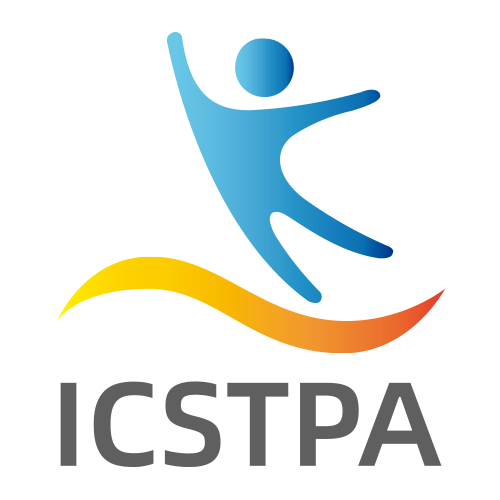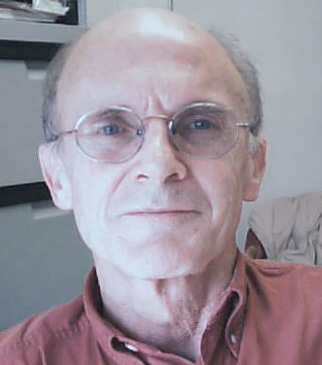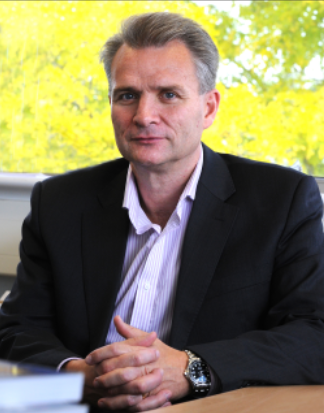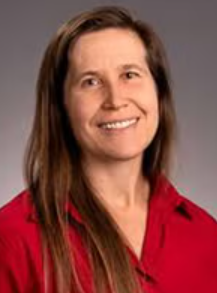| Prof. William Gary HopkinsInternet Society for Sport Science, New Zealand Research Interests: Research design and analysis; factors affecting sport performance. Introduction: 2002-2013 Professor of Exercise Science, AUT University, Auckland, NZ 2013-2022 Professor of Research Design and Statistics, Victoria University, Melbourne, Australia 2023- Full-time retirement William Gary Hopkins is a renowned expert in sports science and biostatistics. He earned his Bachelor of Science (BSc) and BSc with Honors in Physiology from the University of Otago (New Zealand), and completed his PhD in Exercise Physiology at the University of Queensland (Australia). Dr. Hopkins is internationally recognized for his research in athletic performance, sports training, and research methodology—particularly in statistical analysis. He is best known for developing and promoting concepts such as effect size, confidence intervals, and magnitude-based inference. His innovative approaches to analyzing small-sample data and practical significance have greatly advanced the tools and interpretation used in sports and health sciences. Apart from publishing extensively in top peer-reviewed journals, William Gary Hopkins is the founder and editor of Sportsci.org, an influential online resource. Through the website, he has shared clear and practical guides on statistical methods, data analysis, and research design, helping thousands of scientists, students, and coaches worldwide to improve their research skills. Dr. Hopkins is highly regarded for his work in science communication and for raising standards in research quality and applied sports science. His contributions have made him one of the most influential figures in the global fields of sports science, athletic training, and health research |
| Prof. Andrew Mark WilliamsThe University of Utah, USA Research Interests: The neural and psychological mechanisms underpinning the acquisition and development of expertise Introduction:Andrew Mark Williams is an Adjunct Professor in the Department of Health and Kinesiology at The University of Utah. His research interests focus on the neural and psychological mechanisms underpinning the acquisition and development of expertise. Professor Williams has published almost 220 articles in peer-reviewed outlets in numerous fields including exercise and sports science (e.g., Medicine and Science in Sport and Exercise, Journal of Sport and Exercise Psychology, Sports Medicine), experimental psychology (e.g., Acta Psychologica, British Journal of Psychology, Experimental Psychology, Visual Cognition, Journal of Experimental Psychology), neuroscience (Neuroscience Letters, Human Brain Mapping, Neuroimaging, Neuropsychologica) and medicine (The Lancet, British Medical Journal, Medical Education). He is Editor-in-Chief for the Journal of Sports Sciences, the Research Quarterly for Exercise and Sport, and the journal Human Movement Science. He sits on the editorial boards of the Scandinavian Journal of Science and Medicine in Sport, Frontiers of Cognition, and Frontiers in Psychology: Performance Science and has acted as a Guest Editor for several special issues of Journal of Sport Sciences, Journal of Motor Behavior, Journal of Sport and Exercise Psychology, and Journal of Experimental Psychology: Applied. He has mentored 10 Post-Doctoral Research Fellows and supervised over 50 doctoral students. He is a Fellow of the British Psychological Society (BPS), National Academy of Kinesiology (NAK), British Association of Sport and Exercise Science (BASES), and the European College of Sports Sciences (ECSS). He is a Chartered Psychologist and Scientist and Accredited by BASES to work with high-performance athletes. He has been a Visiting Professor at several prestigious institutions including Florida State University, Loughborough University, University of Florida, University of Calgary, University of British Columbia, University of the Mediterranean, University of Salzburg, and KU Leuven. He has received more than $6 million in external funding from research councils in Australia (Australian Research Council - ARC) and the UK (Economic and Social Research Council; Biotechnology and Biological Sciences Research Council - BBSRC; British Academy, Royal Society), industry partners, such as Nike and Umbro, and the US Military, as well as governing bodies of sport (The FA, FIFA, UEFA, UK Sport, USOC) and professional sports teams (Liverpool, Everton, West Ham). |
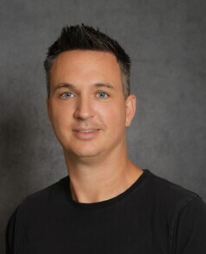 | Dr. Job FransenCharles Sturt University, Australia Research Interests: Motor expertise, Meta-science in sport, Skill acquisition, Motor learning and Control Introduction: Job is a senior lecturer at CSU’s Port Macquarie campus who possesses a profound fascination with the intricacies of human learning, particularly the interplay between individual attributes and environmental factors in shaping movement. Job's extensive teaching portfolio spans diverse subjects such as skill acquisition, motor control, motor learning, and the cultivation of talent and expertise. He has extensive experience crafting tailor-made educational content for both industry and academic institutions. Job's dedication to pedagogy is underscored by a collection of teaching and learning accolades earned throughout his career, notably for fostering student self-discovery through non-linear pedagogy. Job studies how experts and novices execute motor skills and make decisions within sports-related contexts. His contributions to the scientific literature include publications addressing talent identification and development programs in youth sports, the role of perceptual and cognitive abilities in sporting expertise development, and the evaluation and enhancement of collective behaviour. Job's most recent work adopts a meta-scientific perspective on skill acquisition literature, shedding new light on this complex domain. Outside of academia, Job leads an international skill acquisition research group and a teaching and learning workgroup, fostering the exchange of innovative ideas in research and pedagogy. Notably, Job serves as an associate editor for Science and Medicine in Football and held an executive board position in the Australasian Skill Acquisition Network from 2018 to 2022. |
| Prof. Linda E. MayEast Carolina University, USA Research Interests: Exercise during pregnancy; child development- specifically as it relates to heart, body composition, and oral health measures for the baby before and after birth; improving the overall health of women and children. Introduction: Dr. Linda May, associate professor in the Kinesiology Department of Health and Human Performance, teaches exercise physiology students and is adjunct faculty in obstetrics and gynecology for the Brody School of Medicine. Dr. May conducts research on topics relating to the influence of maternal exercise during pregnancy on child development before and after birth. Her research is presented in world-wide media outlets, including the New York Times. Dr. May received a PhD from Kent State University and Northeastern Ohio Universities College of Medicine. Her dissertation focus was on the development of the cardiac beta-adrenergic system in BAX and NGF knockout mice. She attended the University of Florida where she earned a MS, graduating Cum Laude in Exercise physiology. Dr. May also graduated, with Honors, from the University of Florida with a BS in Sports Administration. Dr. May published her first book “Physiology of Prenatal Exercise and Fetal Development” in 2012, and has won the 2017 East Carolina University Health Sciences Author Award. Dr. May has taught for over fifteen years, in subjects including histology, physiology, and gross anatomy. Her hobbies and interests include spending time with her family, biking, exercising, gardening, cooking, baseball, and the outdoors. |
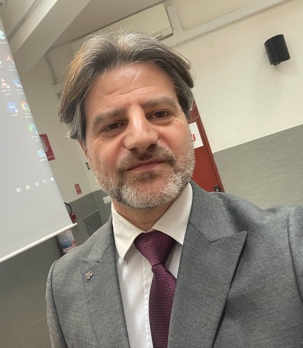 | Invited Speaker:Assoc. Prof. Johnny PaduloUniversità degli Studi di Milano, Milan, Italy Research Interests: Sport Science Introduction: Assoc. Prof. Johnny Padulo's research focuses primarily on Exercise and Sports Science, with particular emphasis on developing theories, techniques, and methods for athletic training and performance assessment across different sports disciplines. His work spans several interconnected areas that contribute to understanding and optimizing human movement and athletic performance. Core Research Areas: 1. Biomechanics and Gait Analysis I have extensively studied running biomechanics, gait variability, and spatiotemporal parameters of human locomotion. My research has developed new methodologies for analyzing stride variability as a tool for training optimization and injury prevention in runners. This includes investigations into the effects of different speeds, slopes, and fatigue conditions on running mechanics. 2. Neuromuscular Performance and Fatigue My work examines neuromuscular responses to various training stimuli and competitive demands, particularly in team sports. I investigate how physical contact, training loads, and different exercise modalities affect muscle activation patterns, strength development, and fatigue manifestation in athletes. 3. Exercise Physiology and Metabolic Assessment I conduct research on energy systems, metabolic demands of different sports, and physiological adaptations to training. This includes studies on anaerobic capacity, repeated sprint ability, and the optimization of training methods for improving performance across various athletic populations. 4. Technology in Sports Science I develop and validate innovative measurement tools and assessment protocols, including wearable sensors, GPS systems, and biomechanical analysis equipment. My work bridges the gap between laboratory research and field applications in sports performance monitoring. 5. Youth Sports and Motor Development I investigate motor learning, skill acquisition, and physical development in young athletes, with particular attention to optimizing training methodologies for different age groups and developmental stages. My research approach is characterized by its multidisciplinary nature, combining biomechanical analysis, physiological assessment, and practical applications to enhance athletic performance while prioritizing athlete health and injury prevention. The ultimate goal is to provide evidence-based insights that can be directly applied by coaches, athletes, and sports medicine professionals to optimize training and performance outcomes. |
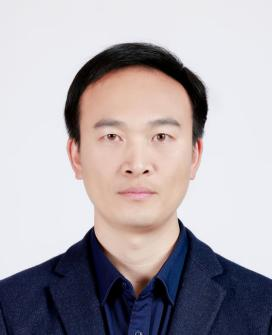 | Invited Speaker:Prof. Yongming LiShanghai University of Sport, China Research Interests: Motor expertise, Meta-science in sport, Skill acquisition, Motor learning and Control Introduction: Prof. Dr. Yongming Li is affiliated with the School of Athletic Performance at Shanghai University of Sport. He has pioneered a novel perspective integrating movement and energy metabolism to advance the understanding of human exercise, and has published more than 150 papers in both domestic and international journals. Recently, he has developed a keen interest in the knowledge transfer of sports science. |
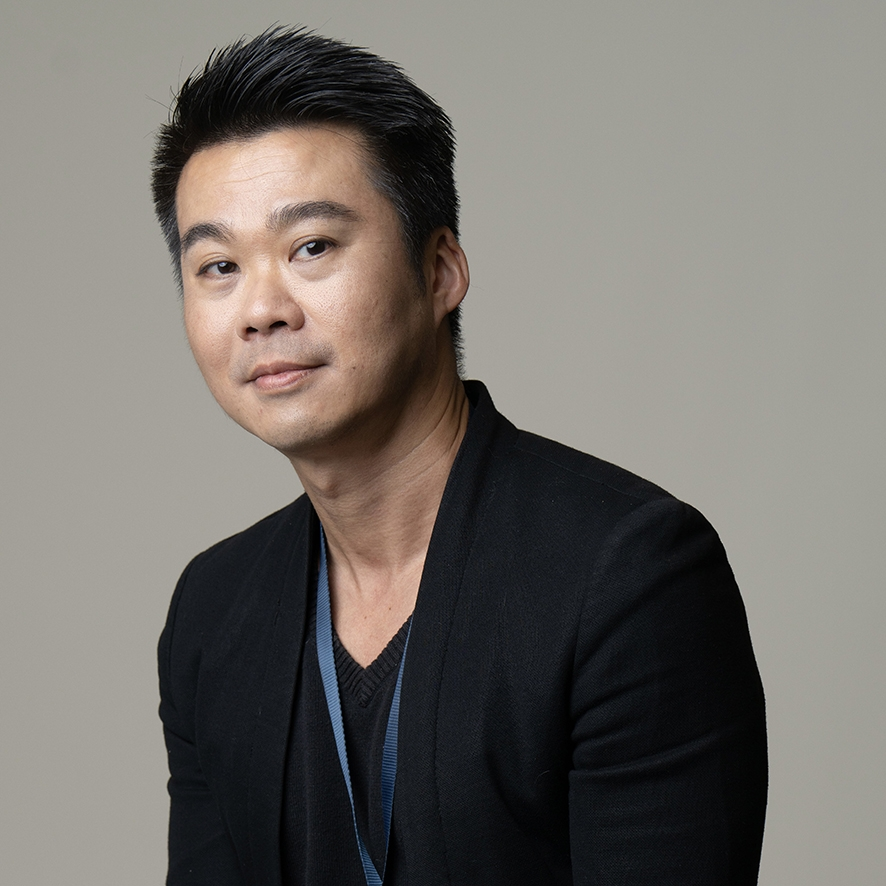 | Invited Speaker:Assoc. Prof. James SheComputational Media and Arts (CMA), HKUST (GZ), China Research Interests: AI for Media and Sport; Multimedia and Social Computing Introduction: Dr. James She is a university professor and media artist. He is currently an Associate Professor in Computational Media and Art at Hong Kong University of Science and Technology (Guangzhou). His research interests are focusing on the uses of Artificial Intelligence and multimedia for art, media, culture and human creativity. He was also a visiting artist at Fire Station Museum, Qatar Museums in 2020. His artworks were previously exhibited in Qatar, UAE, South Korea, Australia, Thailand, China and various other countries. |
